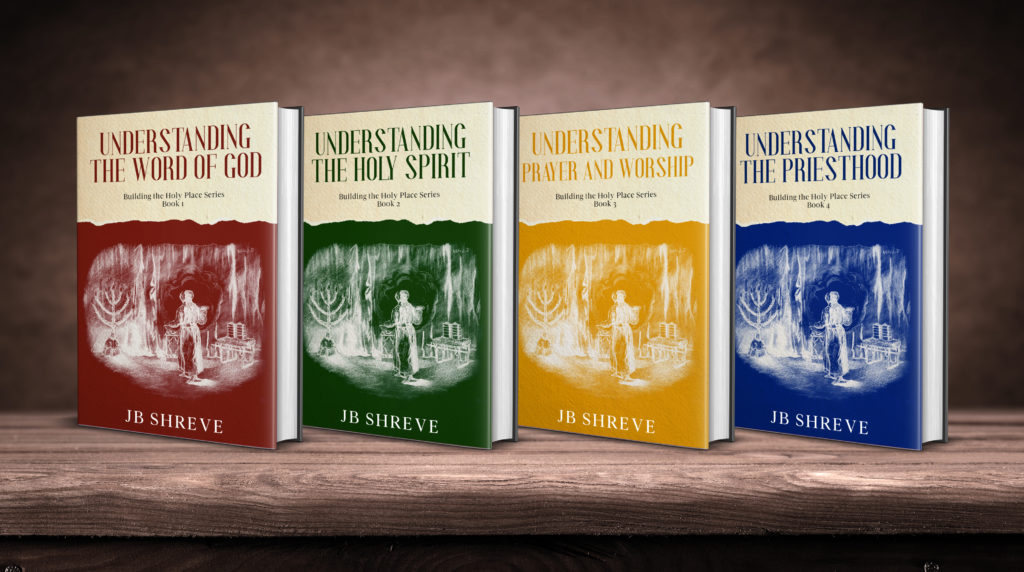This post is part of an ongoing series in the study of John we are doing during January. Subscribe to the blog for daily updates in the Bible Study posts. Subscribe to the podcasts to hear our discussion of the book of John throughout this month. Join us in your daily devotions as we travel through this fascinating account of the life of Christ.
***
“As the Father loved Me, I also have loved you; abide in My love. If you keep My commandments, you will abide in My love, just as I have kept My Father’s commandments and abide in His love. “These things I have spoken to you, that My joy may remain in you, and that your joy may be full. This is My commandment, that you love one another as I have loved you. Greater love has no one than this, than to lay down one’s life for his friends. You are My friends if you do whatever I command you. No longer do I call you servants, for a servant does not know what his master is doing; but I have called you friends, for all things that I heard from My Father I have made known to you. You did not choose Me, but I chose you and appointed you that you should go and bear fruit, and that your fruit should remain, that whatever you ask the Father in My name He may give you. These things I command you, that you love one another. John 15:9-17 (NKJV)
In yesterday’s post, we saw a correlation between fruitfulness and personal transformation. That process was rooted to correct relations with Jesus Christ. Jesus continued along this theme as part of His final words to His followers. He next emphasized the direct link between love and obedience.
We are called to live (abide) in the love of Christ. This is the gift of God. Life lived in the love of Christ is a life of fulfillment and satisfaction, regardless of the circumstances. However, we cannot gain that benefit unless we fulfill our part of the requirement – obedience.
And note the first directive to which that obedience should be directed.
This is My commandment, that you love one another as I have loved you. Greater love has no one than this, than to lay down one’s life for his friends.
We may find it easy to love Christ, but that is not the fullness of love that He called us to. Love works in two directions, the vertical relationship between God and us and the horizontal relationship with one another. Most of us find it much easier to love an invisible God than a neighbor who is often in the way of our preferences, sensibilities, and personal rights.

If we claim to hold one of these loves but do not also hold another, we are frauds.
If someone says, “I love God,” and hates his brother, he is a liar; for he who does not love his brother whom he has seen, how can he love God whom he has not seen? And this commandment we have from Him: that he who loves God must love his brother also. 1 John 4:20-21 (NKJV)
True love for our brothers, sisters, and others often involves tapping into a supernatural grace only accessed through the technology of humility. We may hold justified offenses, painful memories, and overly neglected slights when it comes to those horizontal to us in this life under the eye of God, but at the end of the day, it is not about us. That humbling reality reminds us that Christ chose us. We did not choose Him.
You did not choose Me, but I chose you and appointed you
Even while we were sinners (Romans 5:8), people undeserving and unreconciled to the goodness of God – He chose us. If He could humble Himself to love us despite ourselves, should we not do the same towards others?
Our ability to love others is central to our obedience to Christ’s command. As we obey, as we love, we find the fullness of joy in life, but we also find a dimension of authority to live and establish the righteousness of God in the earth.
You did not choose Me, but I chose you and appointed you that you should go and bear fruit, and that your fruit should remain, that whatever you ask the Father in My name He may give you.








What do you think?
Show comments / Leave a comment